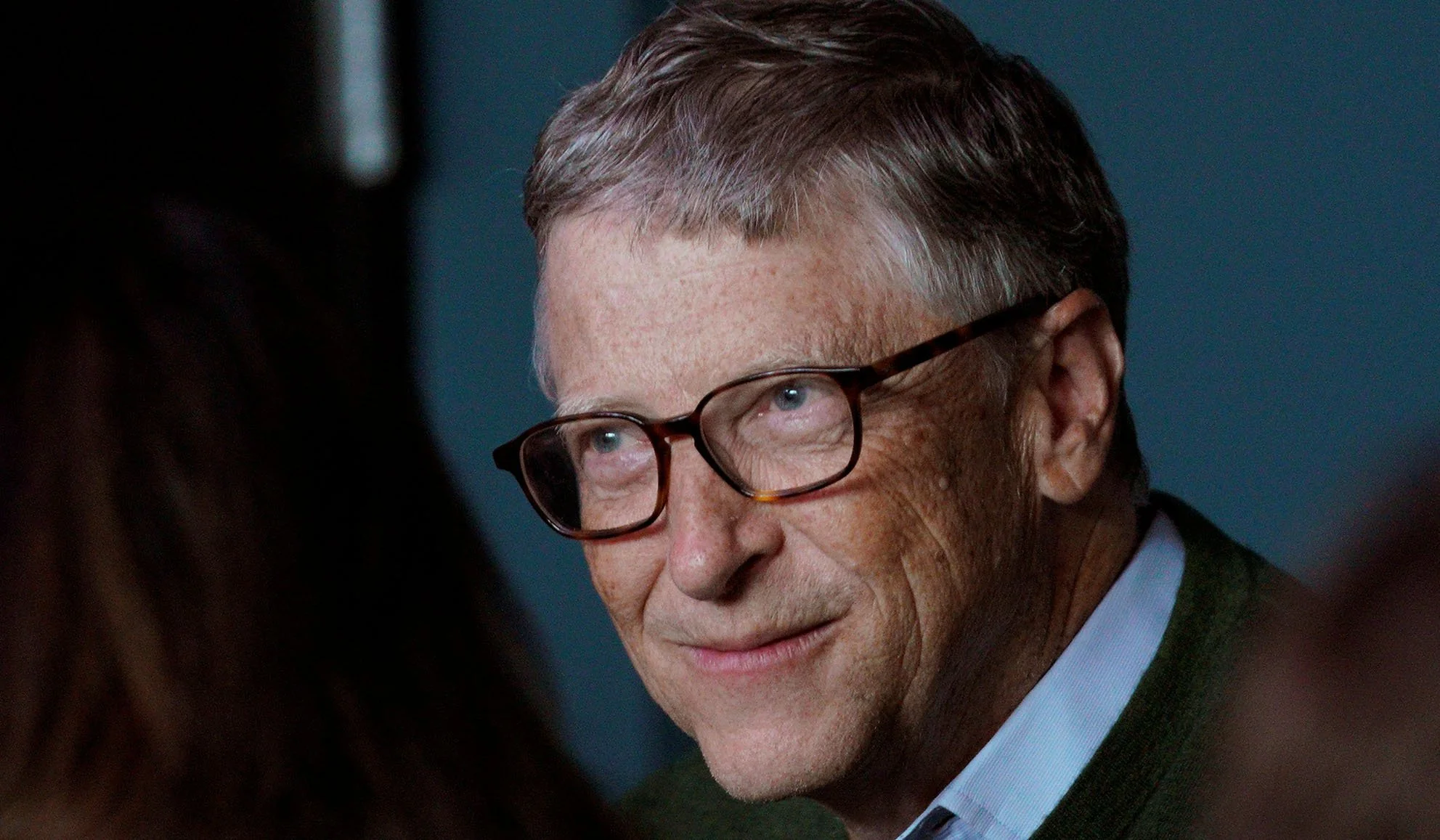In a recent revelation, Microsoft co-founder Bill Gates has shared a personal transformation that underscores the importance of work-life balance, a principle that many might find hard to incorporate into their hectic lives. Known for his relentless work ethic and unparalleled contributions to the tech industry, Bill Gates’ latest insights come as a breath of fresh air to those grappling with the demands of modern work culture.
The Turning Point: Fatherhood and the Reevaluation of Work
It wasn’t long ago that Bill Gates, a figure synonymous with innovation and dedication, admitted to being a workaholic, dismissing the very idea of vacations and weekends off.
“When I was my kids’ age, I didn’t believe in vacations or weekends. But as I got older—and especially since I became a father—I realized there is more to life than work,”
Bill Gates shared this in a heartfelt year-end blog post. This admission not only humanizes the tech mogul but also sheds light on the universal journey toward finding a harmonious balance between professional commitments and personal life.

A Message of Change and Hope
Bill Gates’ transformation is not merely a personal anecdote but a beacon of change, encouraging individuals to reassess their work priorities.
“I hope you’re able to take some time this holiday season to have fun and relax before we dive into 2024.”
This sentiment was echoed earlier this year during a commencement address at Northern Arizona University, where he advised the new graduates not to repeat their mistakes but to cherish and nurture their relationships and personal achievements.

The Future of Work: A Blend of Technology and Leisure
Interestingly, Bill Gates’ vision for the future includes a significant role for artificial intelligence in achieving a better work-life balance. On comedian Trevor Noah’s podcast ‘What Now?’, he speculated about a future where a three-day work week could become the norm, thanks to advancements in technology.
This perspective stands in stark contrast to views like those of Infosys co-founder Narayan Murthy, who advocates for a 70-hour work week to boost productivity and economic growth in India.
‘I didn’t believe in vacations until…’: Microsoft co-founder Bill Gates opens up on work priorities. https://t.co/CGgTZEjvPI
— Business Today (@business_today) December 21, 2023
The Global Workweek: A Comparative Insight
The debate over the ideal number of working hours is not new, and Bill Gates’ comments add an interesting dimension to it. With the average workweek in India standing at 47.7 hours, according to the International Labour Organization (ILO), and the US averaging 37.5 hours, the discussion around work-life balance becomes even more relevant.
Bill Gates’ shift towards valuing time off reflects a growing understanding that quality of life and work efficiency are not mutually exclusive but are, in fact, complementary.

Bill Gates: A Lesson in Balance
Bill Gates’ journey from a workaholic to an advocate for balanced living is a powerful narrative that resonates with many. It serves as a reminder that while work is an integral part of life, it should not come at the expense of personal time and relationships.
As we move forward, embracing technology’s potential to enhance our lives, Bill Gates’ evolution invites us to envision a future where work and leisure coexist in harmony, offering a more fulfilling and rounded human experience.










